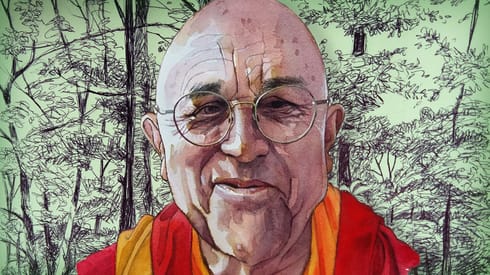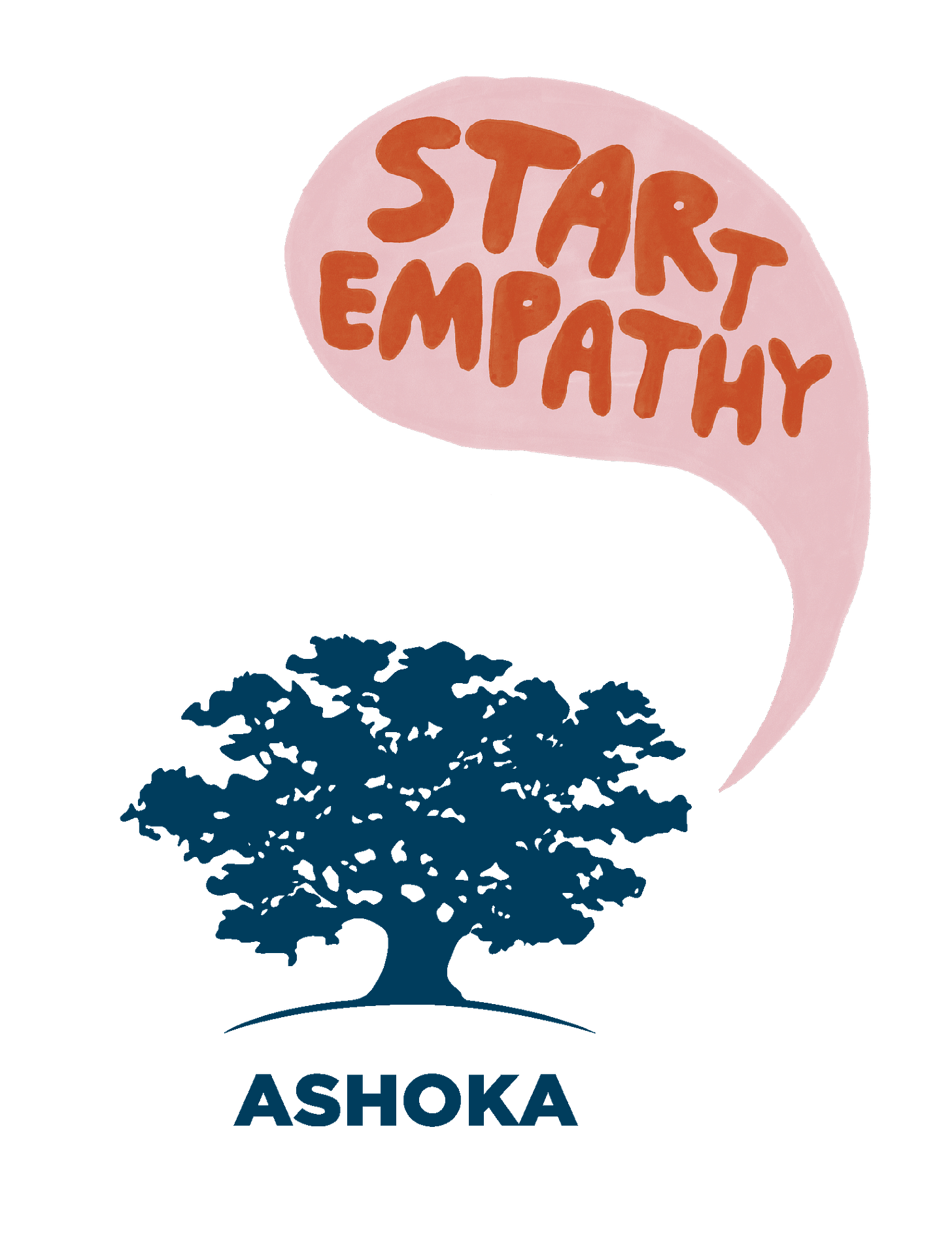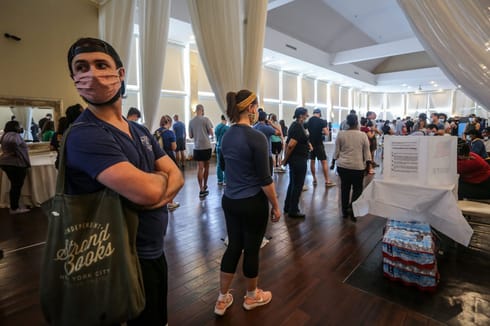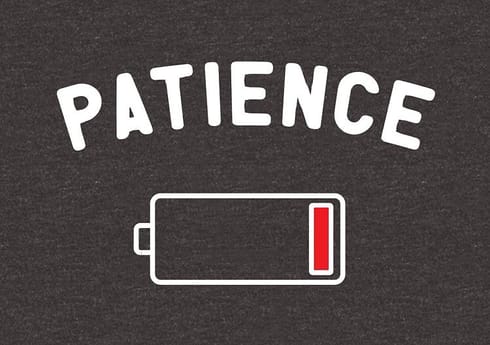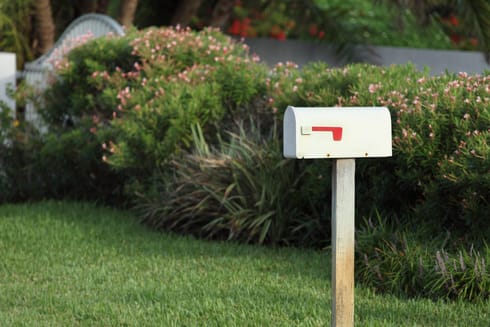
Walking with generosity
During Covid, our family has gotten into a habit of going for walks each evening. We don’t go far, usually just a mile. Sometimes we have to drag our boys out of the house for it. Most of the time they cheerfully join us, but when they don’t we make them come anyway.
Our walks have been good for them, and for our whole family. We talk more, about all kinds of topics. We appreciate good weather and pretty sunsets. We connect when we walk our mile together.
It hasn’t happened yet, but it’s fun to imagine getting to the spot where we turn around (the white mailbox) only to have one of them suggest we keep going. I wonder if they’ve even considered it. My wife and I would be delighted.
“Going the extra mile” has come to mean exceeding expectations, but the phrase is rooted in the New Testament where Jesus counsels his listeners to respond differently to their enemies:
And whosoever shall compel thee to go a mile, go with him twain. (Matthew 5:41, KJV)
Back then, a Roman soldier could compel someone to act as a porter or courier. Though legal, it was widely seen as an unjust demand. Jesus recommended going an extra mile in spite of the injustice of the first one. His second-mile advice is coupled with the also famous counsel to turn the other cheek.
We want, as Jesus noted, to take an eye for an eye. But there’s unique power in being more generous to our enemies than they deserve. Not every injustice needs retribution. And if this seems naive, consider how generosity dominates our closest relationships. Imagine, for example, eye-for-an-eye parenting! If parents responded in kind to their kids, the world would be ruined. Some injustices just need a generous reply.
But I think there’s even more magic to the second mile. It keeps us with our enemies. It gives us time with them. I imagine the put-upon local chatting away at the Roman Centurion, connecting as a real person rather than an object of convenience. It’s a form of resistance, really, but against the inhumanity instead of the enemy.
So how far do we go? Jesus didn’t tell his followers to walk forever. He rebuked plenty of people who deserved it. We need not completely give in to rough treatment. But at least give one extra mile, or one other cheek. Try generosity first.
Seeing Good at Work
Violence against women is still far too common throughout the world, including India. Much of it is driven by social norms that give women low status. Breakthrough changes these norms by targeting schools, work, and social media to help men and boys see violence against women and girls as a problem for everyone.

Their training and media campaigns have reached millions of people. Men and boys who have had Breakthrough training are twice as likely to intervene when they encounter women being sexually harassed or threatened with violence.
Promotional Stuff
Please subscribe to Good at Work if you haven’t yet. It will show up in your inbox every Tuesday morning.
